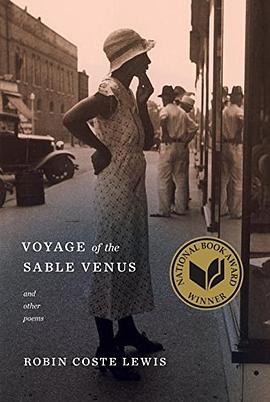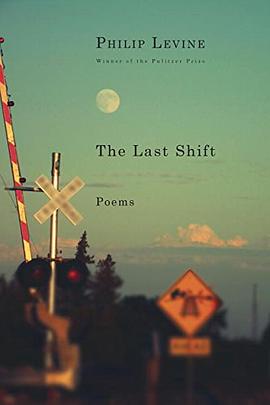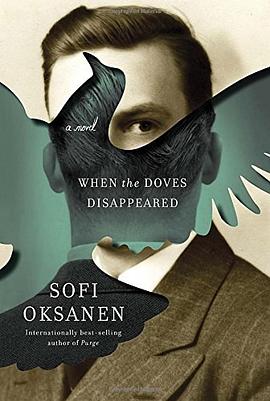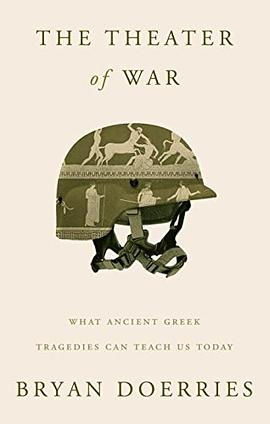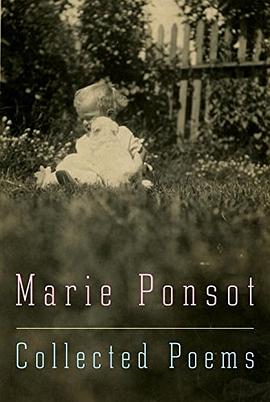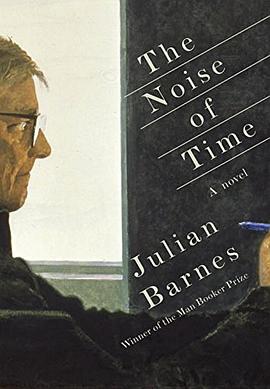

具体描述
A compact masterpiece dedicated to the Russian composer Dmitri Shostakovich: Julian Barnes’s first novel since his best-selling, Man Booker Prize–winning The Sense of an Ending.
In 1936, Shostakovich, just thirty, fears for his livelihood and his life. Stalin, hitherto a distant figure, has taken a sudden interest in his work and denounced his latest opera. Now, certain he will be exiled to Siberia (or, more likely, executed on the spot), Shostakovich reflects on his predicament, his personal history, his parents, various women and wives, his children—and all who are still alive themselves hang in the balance of his fate. And though a stroke of luck prevents him from becoming yet another casualty of the Great Terror, for decades to come he will be held fast under the thumb of despotism: made to represent Soviet values at a cultural conference in New York City, forced into joining the Party and compelled, constantly, to weigh appeasing those in power against the integrity of his music. Barnes elegantly guides us through the trajectory of Shostakovich’s career, at the same time illuminating the tumultuous evolution of the Soviet Union. The result is both a stunning portrait of a relentlessly fascinating man and a brilliant exploration of the meaning of art and its place in society.
作者简介
JULIAN BARNES is the author of twenty previous books including, most recently, Keeping an Eye Open: Essays on Art. He has received the Man Booker Prize, the Somerset Maugham Award, the Geoffrey Faber Memorial Prize, the David Cohen Prize for Literature, and the E. M. Forster Award from the American Academy of Arts and Letters; in France, the Prix Médicis and the Prix Femina; in Austria, the State Prize for European Literature. In 2004 he was named Commandeur de l’Ordre des Arts et des Lettres by the French Ministry of Culture. His work has been translated into more than forty languages. He lives in London.
www.julianbarnes.com
目录信息
读后感
一本幽深地阐释了权力与艺术的关系的书。主人公兼具强大与懦弱。作者试图揭示权力之下一种更真实更日常的状态,那就是当懦夫,通过与权力当局的部分妥协,换取生活的进行、家人朋友的安全。这个过程并不比当英雄容易,因为自我被一块块分裂,内心反复被自己质问。 试图将英雄与...
评分原文是今年一月The Noise of Time出版时,Julian Barnes在卫报发的小文章。昨天看到上海书评那篇巴恩斯的访谈特激动,里面引用了一些这篇短文的词句,就顺手翻了一下。水平不高,看个参考。(底下三个注释是我自己加的,觉得这样可能更好理解一些。) 本文原文链接: https://w...
评分这本书的叙事方式,对我而言是比较陌生的。我记得大概在GXJ的一些片断里有过这样的感觉,一种游离在事件之外冷眼旁观,以一种思想演进的方式来推进情节。 反而前苏联的历史背景显得模糊了。 肖斯塔科维奇这样一个人物,和我想象的处在那样政治高压的情况下的人的表现不太一样。...
评分这是看的巴恩斯第三本书,比起福楼拜的鹦鹉和世界史,这本略微逊色,也许正如作者在后记中说的,他生活在英国自由稳定的政体中,无法感受肖氏在苏联个人独裁政治系统中的恐惧。所以有种隔离感。即使如此,对比当下的中国,读来依旧能感受到肖氏的恐惧和痛苦。我们以为我们所处...
评分用户评价
肖斯塔科维奇身上有所有我认为的艺术家气质,纤弱、神经质、自我、怯懦和纯粹 “egotistical and pessimistic“ “an optimistic Shostakovich”本来就是个矛盾的词组,music for the People令人恶心。音乐只是音乐而已,一切工具化都是犯罪。怯懦的背面是自我嘲讽自我死亡,怯懦需要勇气啊
评分It's pure heartbreak from start to finish the story. In doing other reading about Soviet composer Dmitri Shostakovich, I can honestly say I can't say where the real story ends and Barnes' fictional version takes over. Even those familiar with Shostakovich's life story, it's as if I'm finding it for the first time and my hear breaks all over again.
评分肖斯塔科维奇身上有所有我认为的艺术家气质,纤弱、神经质、自我、怯懦和纯粹 “egotistical and pessimistic“ “an optimistic Shostakovich”本来就是个矛盾的词组,music for the People令人恶心。音乐只是音乐而已,一切工具化都是犯罪。怯懦的背面是自我嘲讽自我死亡,怯懦需要勇气啊
评分To be Russian was to be pessimistic; to be Soviet was to be optimistic. That was why the words Soviet Russia were a contradiction in terms.
评分Presumably Barnes at his best.
相关图书
本站所有内容均为互联网搜索引擎提供的公开搜索信息,本站不存储任何数据与内容,任何内容与数据均与本站无关,如有需要请联系相关搜索引擎包括但不限于百度,google,bing,sogou 等
© 2025 book.quotespace.org All Rights Reserved. 小美书屋 版权所有


